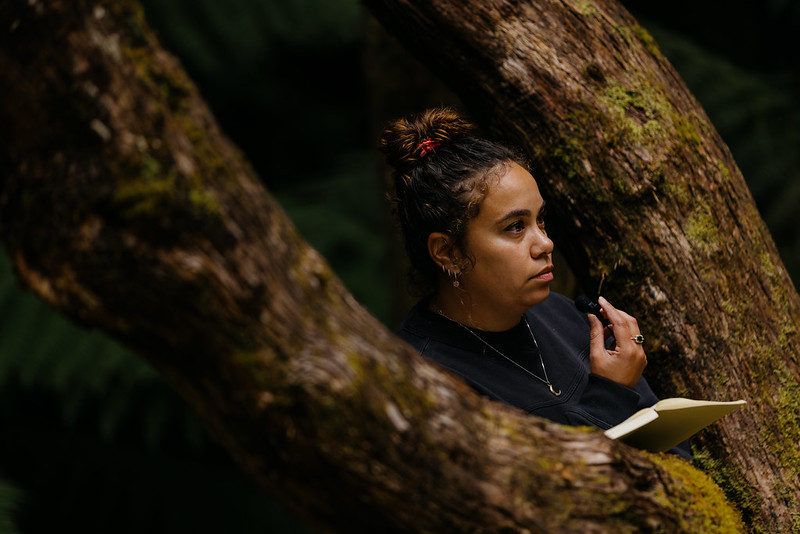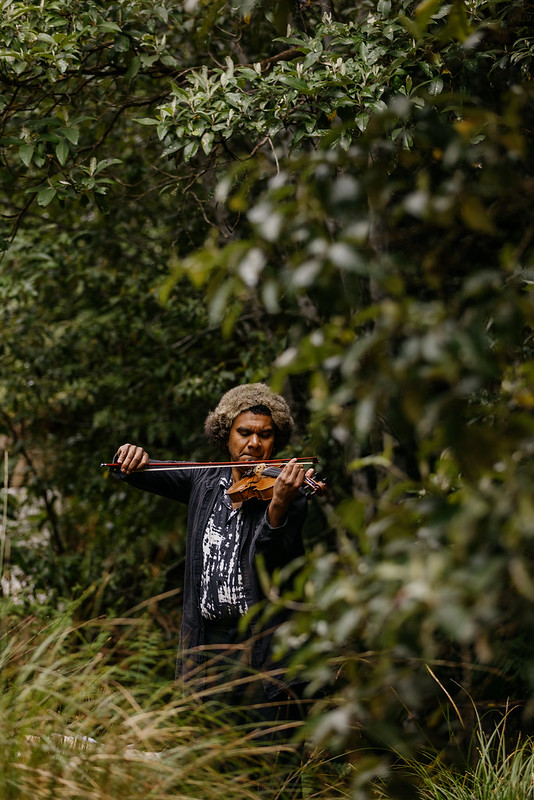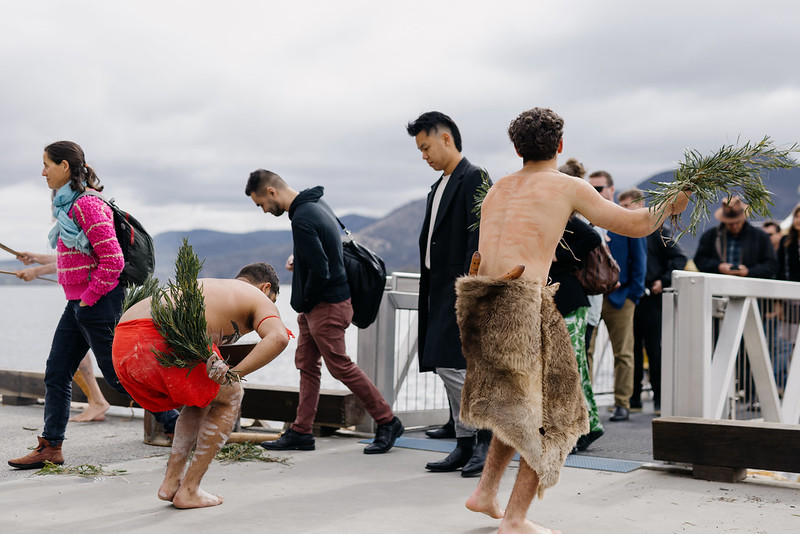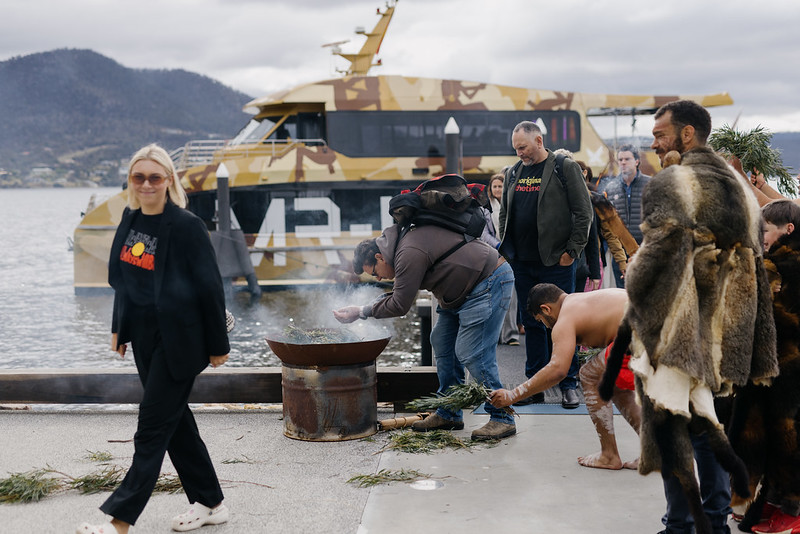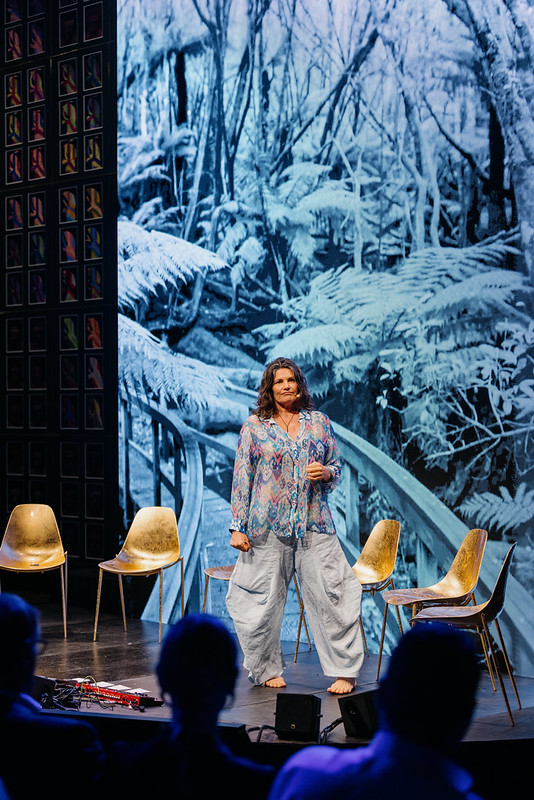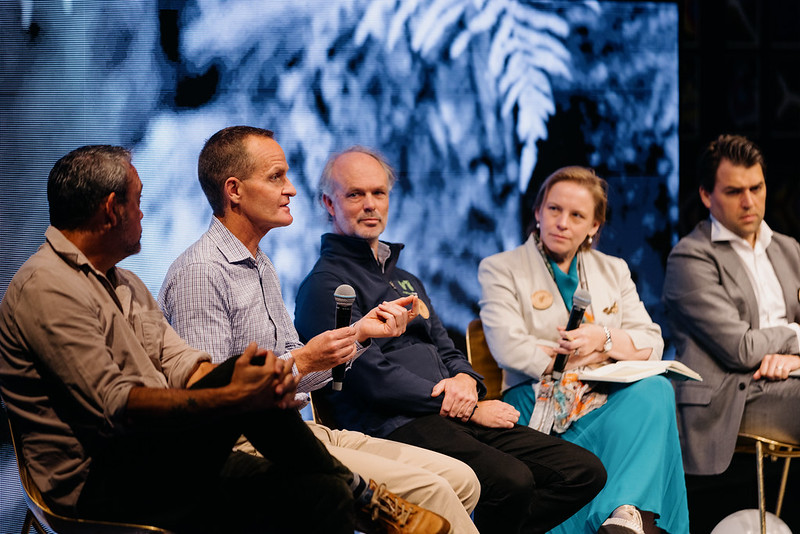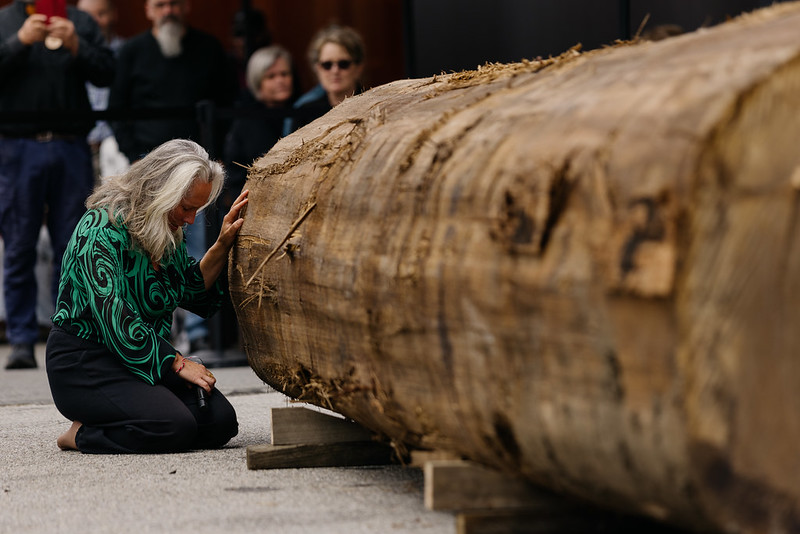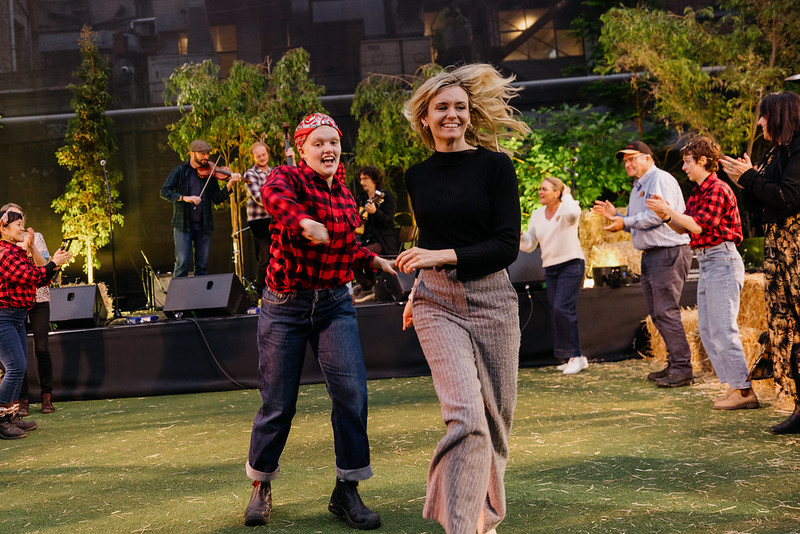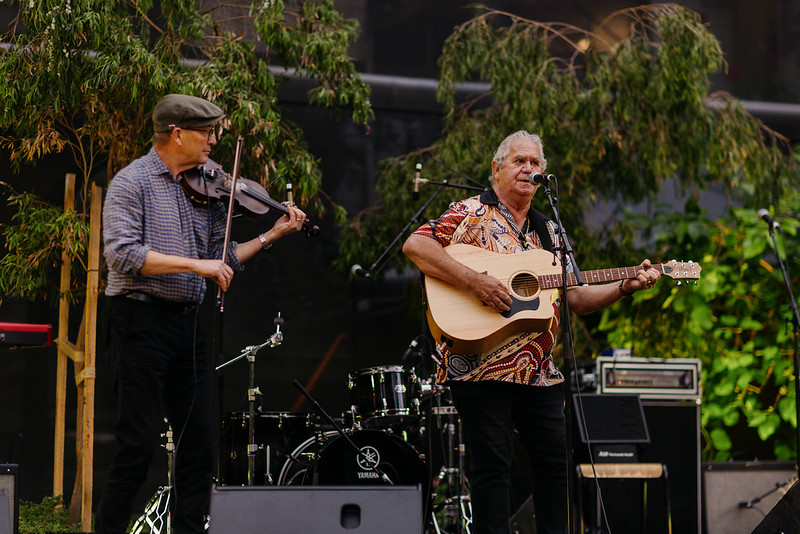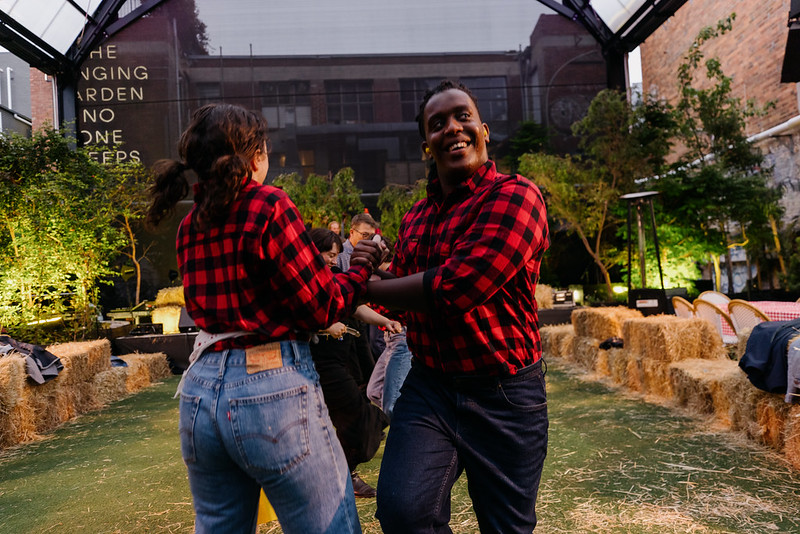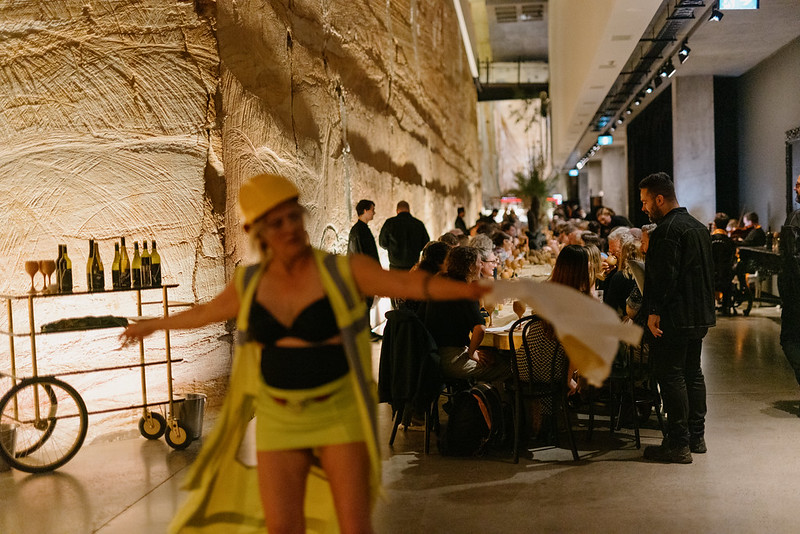Pollination Associate Director Rebecca Lake attended the inaugural Tasmanian Forest Economics Conference at Mona to listen, observe and contribute to a conversation steeped in history and contention.
In the heart of Tasmania’s lush wilderness, a battle for the soul of the island’s majestic forests rages. This decades-long conflict, often referred to as Tasmania’s forest wars, is a complex struggle between environmental conservation, economic development, and cultural identity, and is a familiar story for forested communities around the globe.
According to the State’s Forest Protection Authority (FPA), Tasmania’s extensive native forest estate is over three million hectares. A significant portion of Tasmania’s timber—approximately 75%—is now sourced from cultivated plantations. The remaining 25% is the source of intense historical debate. That timber is extracted from existing ancient forests, which are not only abundant in carbon and biodiversity but also home to some of the tallest hardwood trees in the world. This also extends to old-growth forests found within privately-held land scattered throughout the state.
In recent years, the conflict surrounding Tasmania’s forests has escalated into a political battleground revolving around two rural marginal electorates in the state’s heavily forested northwest and northeast. Antagonising the situation further, environmental activists now find themselves confronting the prospect of significant jail sentences after the controversial introduction of anti-protest laws in Tasmania.
A just transition inevitably involves tough conversations. The challenge is to find a physical and emotional neutral ground. Somewhere that a productive discussion can occur between parties that have been feuding for decades.
Enter an unlikely third party: Tasmania’s Museum of Old and New Art (Mona). In late 2023, the cultural giant hosted the first Forest Economics Conference uniting diverse stakeholders – including industry leaders, community members, environmental activists, and policymakers – to find a way to move forward. During three transformative days, Mona managed to break through the hostility and partisanship synonymous with Tasmania’s forest wars. The highly curated experience demonstrated the power of dialogue and art in transcending deeply-rooted divisions and provided a valuable playbook for other forestry-dependent communities all over the world to follow.
